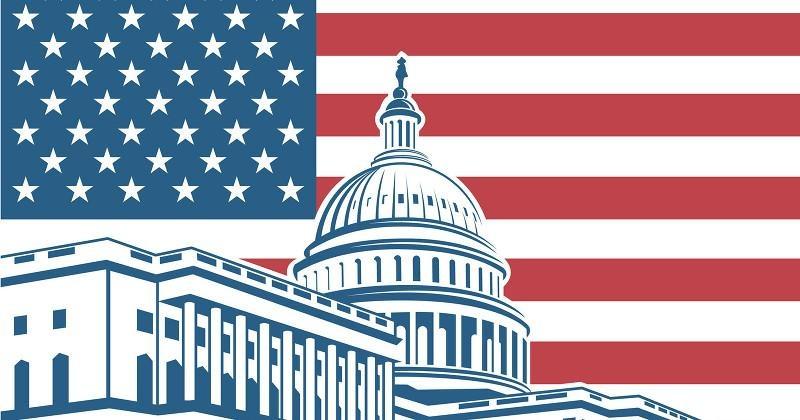
Democrats aren’t lamenting getting locked out of the special election runoff earlier this month in a Texas district they targeted previously.
But did the party miss an opportunity to bounce back from a surprising 11-seat loss in the 2020 elections? Looking back a decade ago at the special elections ahead of the last redistricting cycle, the answer is: maybe.
There are risks and rewards to competing in special elections, particularly in a redistricting cycle when a seat will be redrawn before the next general election, according to more than a half-dozen strategists who were staffing the parties' campaign committees in 2011 and 2012.
“If you have a chance to win a special, you win a special,” said GOP media consultant Guy Harrison, who was executive director of the National Republican Congressional Committee during the 2012 cycle.
This year, national Democrats effectively passed on participating in the special election in Texas’ 6th District, even though Joe Biden lost the seat to President Donald Trump by just 3 points six months ago. One of the reasons Democrats privately cited for punting was the likelihood that Republicans will redraw the district to be significantly more Republican before the 2022 regular election. Thus it wasn’t worth a significant investment on a special election when the seat would be prohibitively difficult to hold.
Looking Back
“There is value to winning, even if you can’t hold it in the long term,” said Democratic strategist Jesse Ferguson, looking back at the 2012 cycle when he was press secretary at the Democratic Congressional Campaign Committee. He cited recruitment and fundraising as two key benefits from special election victories when Democrats were recovering from losing the majority in 2010.
Ferguson and other Democrats argue...

